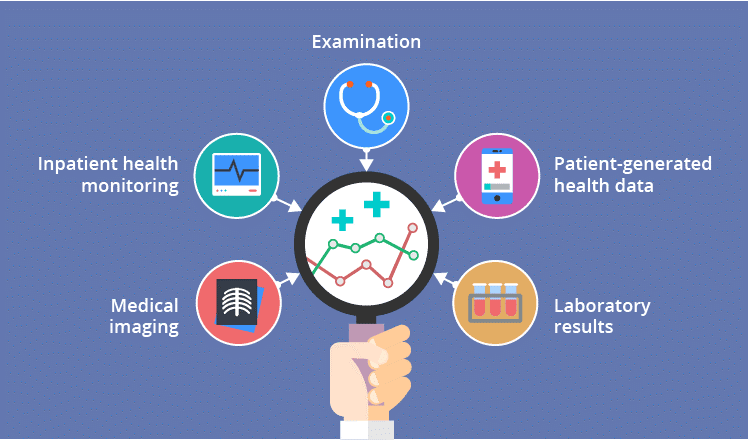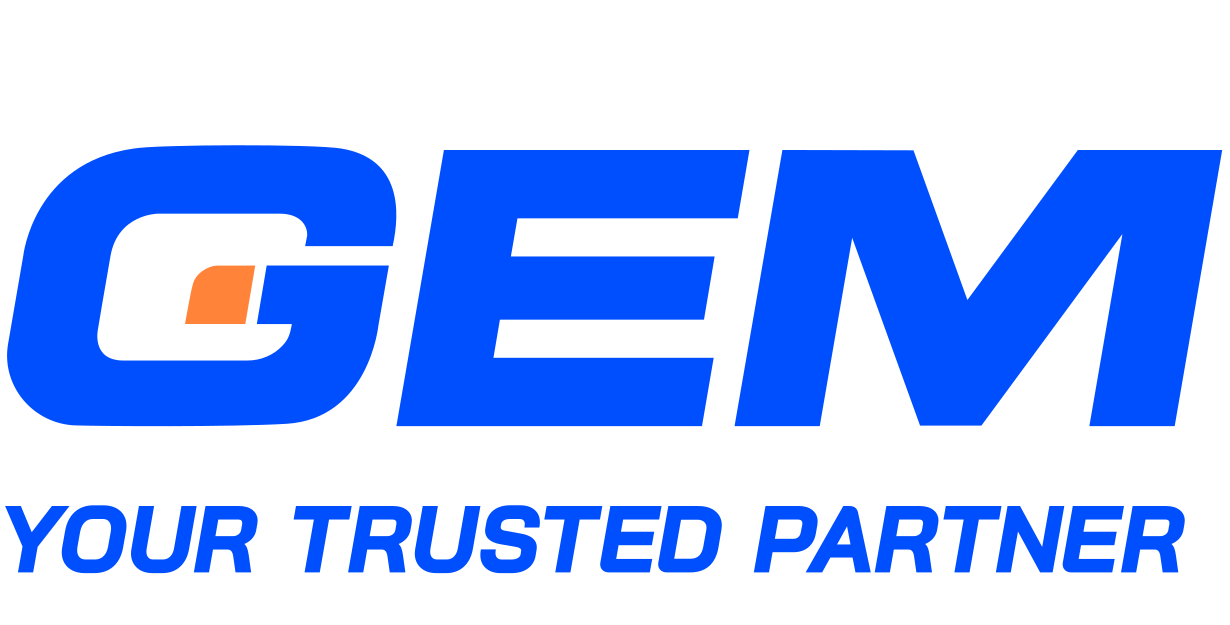Contents
The Healthcare sector is getting more and more familiar with Natural Language Processing (NLP), a subset of Artificial Intelligence (AI). The new technology has completely transformed how hospitals handle huge databases from millions of patients’ records; however, there are still existing hesitations when it comes to practical applications.
The Rising Adoption Of NLP in Healthcare
Like other industries, healthcare has also adopted NLP into its workflow early on. Many facilities have successfully digitized their process in clinical notes, from changing how patient forms are filled out to applying advanced technologies such as diagnostic support and mood recognition. The integrations have quickly gained popularity among organizations, as shown by the fact that it dominated the NLP market share in 2018 with 28.6%. Experts predict it will grow by 13.5% in the next period.

Why Care Service Providers Are Fond Of NLP
No one can deny that NLP has changed the way doctors process health informatics and approach patients. Let’s look at the 3 most revolutionary benefits that NLP has brought to the healthcare sector.
Extract Actionable Insights From The Patient Database
In the past, clinicians usually complained about how difficult it is to access and organize data cross-platform. With the help of natural language processing in health informatics, there is a natural transition from doctors to the database.
In detail, Electronic Health Record (EHR) takes advantage of NLP to extract information from clinical notes and patient forms to actionable insights that can easily be visualized and analyzed. More than that, clinicians are not limited to only written documents since NLP can process conversational resources from patients. Doctors are now equipped with more knowledge to diagnose more accurately.
Support Doctors to Make Better Decisions
The use of AI in healthcare not only supports data management but also connects clinical facilities. In the past, it’s difficult for doctors to find and reconcile patient records over time, as the data were unorganized and lacked connectivity. Thanks to AI, these insights are smartly assigned to suitable departments and divided into different categories. Then, the information will be visualized for better understanding. There will be no misinterpretations that may cause a false diagnosis.
Save Time And Avoid Delay
In the past, it took hours to manually collect and input patients’ data into the EHR system. Now it can be done automatically, thanks to NLP. The information is updated in real-time so that doctors can work with the latest changes, measurements, and reports. Since clinicians can access information quicker, there will be no delay in deciding the next steps. More than just saving time, this advanced technology increases the chance of saving people’s lives.
Major NLP Applications In Healthcare Sector
Analyzing And Mapping Data
From the benefits mentioned above, the greatest advantage of NLP applications in healthcare is data management, including but not limited to:
- Summarize data: Essential data from lengthy texts such as patients’ records, academic articles, periodical reports are extracted into a comprehensive document so hospitals can process cases quicker
- Map data: Developers tag medical terms and concepts to corresponding guidelines
- Convert conversations into text for further analysis and storage
- Turn image or PDF files into text for actionable documents
- Provide answers for questions or queries that require multiple sources
- Sort data into codified categories for easier access.
For example, in 2013, thanks to NLP, the Department of Veterans Affairs (US) was able to review more than 2 billion medical records for indications of PTSD, depression, and potential self-harm in veterans.
NLP can also support hospitals to strengthen their guidelines since it can assign clinical concepts and terms to documents. Let’s take a look at how McKinsey reduces 60% in time required for a medical policy. First, unstructured data is marked into ICD-10 diagnosis codes. After multiple checking for accuracy, the codes are linked in the output.

The importance of data management in NLP is once again confirmed when the Covid-19 pandemic severely attacks the entire world. The healthcare service is under huge pressure since they have to adapt to the new situation and at the same time maintain the workflow with regular patients. It was urgent to share information cross-region, such as treatment regimen and available hospitals. A huge wave of data emerged, and NLP has played a major role in collecting and transforming these resources. These valuable assets have been offering a great helping hand to healthcare providers in overcoming this intense battle.
Detecting Patient’s Mood
The NLP-empowered health informatics is a great ally for doctors and therapists to recognize patient’s attitudes. NLP can identify hesitation, worries, or anxieties from the text and speech of the patient, which helps doctors prepare better before and after the procedure. For example, they can further explain the steps to reassure the patient when there are changes in the patient’s mood before the surgery.
In addition, confirming the attitude can also prevent unwanted scenarios, such as the discharge of patients while they are still hiding their symptoms. Predicting what a patient is thinking based on daily conversations is also a great step forward in the treatment of psychological diseases. For instance, NLP can identify speech patterns of schizophrenic patients and forecast who is likely to experience an onset of psychosis with 100% accuracy.
Challenges When Integrating NLP Tools Into Clinical Care
What Is A Successful NLP Use Case For Healthcare?
Since the medical and clinical sectors have various unique standards, NLP applications need to tick lots of checkboxes to be considered a successful integration. Some of the prerequisites are:
- NLP applications should be compatible with the current system, rather than just a piece of fancy equipment that does not work well with any parts of the hospitals.
- The tool should be able to process physicians’ and patients-generated text, then auto transform them into diagnostic codes or suggested treatments.
- The application needs to have a user-friendly interface so it will be simple to input and visualize data.
- The chosen actions should be suitable for NLP. For instance, organizations should consider whether NLP is the best choice to detect suicide intentions from depressed patients.
- The data must be accurate, valid, reliable, and easy to understand among healthcare facilities and communities.
- NLP applications must not disclose the private information of patients.
What Slows Down The NLP Integration Process?
Besides being required to hit all the jackpots, NLP integrations in Healthcare are facing major setbacks.
Firstly, the amount of data that requires processing is overwhelming. For example, clinical data consists of billions of records, and 70% of them are free text. Still, it has put much pressure on the system and may lead to more headaches when information is interlinked in the future. At the moment, hospitals are only focusing on processing internal data, which causes rare connections among facilities. NLP applications need to improve more quickly to meet the needs of the industry.

Another critical issue lies in the quality of data and how experts support the integrating process. Besides the gigantic volume of data, NLP also copes with the ambiguity and fragmentation right from the source. In the healthcare sector, the terms are precisely defined and need to be assigned correctly in the code of NLP. With just one mistake, a disastrous chain reaction will shut down the whole hospital’s performance and threaten the life of patients.
However, doctors have not paid enough attention to the issue. A huge part of data is abbreviations, out of context or in a doctor-speak manner, which makes things much harder for NLP to understand the meanings. It is important that experts support the implementation process and cross-check all fundamental steps.
Future Outlook Of NLP In The Healthcare Sector
Although there are challenges hindering the process, the doors for NLP development in the healthcare industry are wide open. More and more experts are now aware of the NLP capabilities, especially under the negative impacts of Covid-19.
Providers are hoping that NLP can create a smoother process by supporting digital paperwork authorization. Furthermore, it can assist in more efficient and accurate billing. These ideas are based on NLP abilities to extract data from medical notes and auto-assign them to correct facilities. Natural language processing in clinical notes should also be able to identify more complex factors, such as socioeconomic factors, and eliminate temporary elements that can affect the final diagnostic results.
To conclude,
Seemingly theoretical, the applications of NLP are actually very close to the day-to-day operation at the hospital. It has opened new opportunities for doctors in serving patients as well as better analyzing data. Yet, due to the peculiarities of the industry, it is still a huge challenge to effectively adopt natural language processing in health informatics into the current system. If organizations are serious about transforming their service, it will be best to consult trusted technology providers for professional and suitable strategies.
Are you looking for an NLP expert?
1. GEM Corporation is an IT Outsourcing company experienced with developing AI solutions. We have worked on developing NLP and OCR solutions for top industrial corporations in Japan; specialized in deploying chatbots, text and image processors, recommendation systems. We are also partnering with Vietnam National University’s AI Laboratory on scientific research and talent training.
2. Our domain expertise includes Logistics, Telecommunications, Finance, Banking and Insurance, Retails, Manufacturing, and so on.
3. We have more than 7 years of experience. Our offices are based in Hanoi, Vietnam and Tokyo, Japan.
4. We have successfully built more than 100 successful projects for our clients in the US, UK, Europe, Japan, Korea, Singapore, and many more.
5. Let us know how we can help you build your next AI solution. Contact us now and get a demo for your project.





